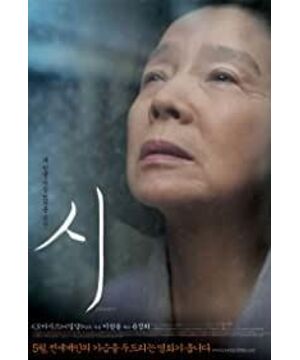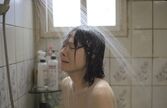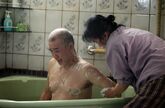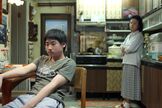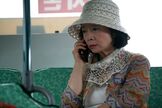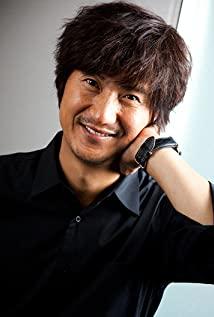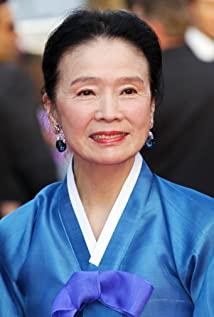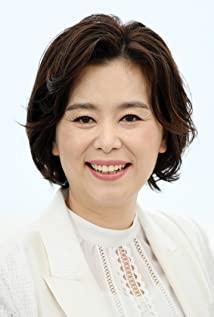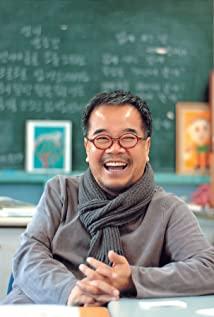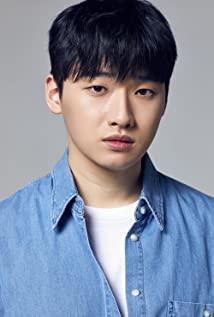The film tells the story of two women who were raped.
A girl was raped by a group of teenagers and threw herself into a river. A grandmother (Meiko) atones for her grandson, one of the rapists, and sells her body to her employer in exchange for money to compensate the girl's family. Meizi was raped by life, and finally committed suicide by jumping into a river.
Miko pursues a life of Alzheimer's, poverty, and atoning for her grandson, while searching for a personal world where she can write a poem. After giving her body for money, she did not collapse, but she seriously asked at a dinner party with poets: How can I write a poem? Then, squatting in the dark and crying deeply. It is numb for Meizi to walk inappropriately in the dirty life everywhere. Only when she crosses with the world of poetry, does the pain collide and burst out.
Meizi said that no matter what, you must keep your body clean, and only when your body is clean will your mind be clean. She has a diligent and pious pursuit of beauty and poetry, but life has cut off a little bit of her ego. Just like the girl who was raped by a teenager and committed suicide by jumping into a river, Meizi also chose to commit suicide after atonement for her grandson. Before jumping into the river, she finally wrote a poem of her own. How can she write a poem? Miko gave the answer, walking step by step in the muddy life of life, and finally achieved the poem itself. Looking at it this way, the meaning of poetry is not only the poetry that Meiko pursues, but poetry is also the light at the end. Meiko has walked through life itself, touched the light, and touched the poetry.
View more about Poetry reviews


